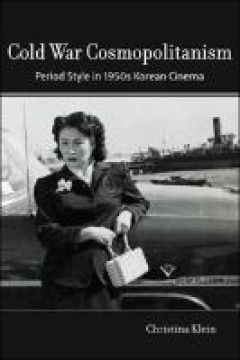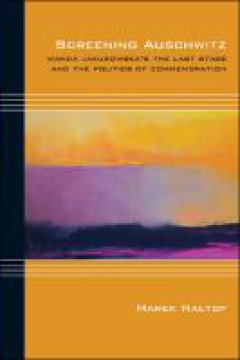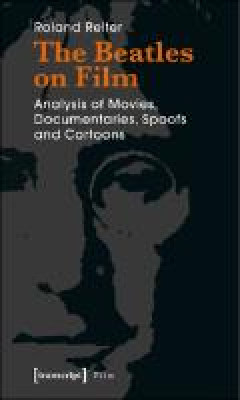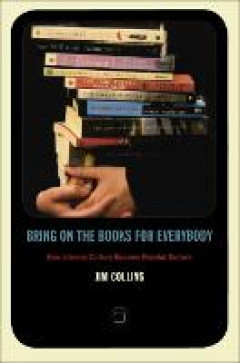Filter by

Cold War Cosmopolitanism
"Han Hyung-mo was a major figure within South Korea’s Golden Age cinema. The director of Madame Freedom (1956), the most famous film of the 1950s, Han made popular films that explored women’s relationship to modernity. He was also a master stylist who introduced technological innovations and fresh ideas about film form and genre into Korean cinema. This book offers a transnational cultural …
- Edition
- -
- ISBN/ISSN
- 9780520296503
- Collation
- -
- Series Title
- -
- Call Number
- -

Cold War Cosmopolitanism
"Han Hyung-mo was a major figure within South Korea’s Golden Age cinema. The director of Madame Freedom (1956), the most famous film of the 1950s, Han made popular films that explored women’s relationship to modernity. He was also a master stylist who introduced technological innovations and fresh ideas about film form and genre into Korean cinema. This book offers a transnational cultural …
- Edition
- -
- ISBN/ISSN
- 9780520296503
- Collation
- -
- Series Title
- -
- Call Number
- -

Screening Auschwitz; Wanda Jakubowska's The Last Stage And The Politics of Co…
This book about the early screen representation of Auschwitz-Birkenau deals with the classic Holocaust film made in 1948 in Poland by Auschwitz survivor, director Wanda Jakubowska. The Last Stage (or The Last Stop) is a pioneering work – the first narrative film to portray the former Nazi German camp. Haltof discusses Jakubowska’s life and career before World War II, her imprisonment during…
- Edition
- -
- ISBN/ISSN
- -
- Collation
- Knowledge Unlatched (KU)
- Series Title
- -
- Call Number
- -

The Beatles on film :analysis of movies, documentaries, spoofs and cartoons
This book provides the production history and a contextual interpretation of The Beatles' movies (A Hard Day's Night, Help!, Yellow Submarine, Let It Be) and describes their ability to project the group's image at different stages in their career. It also includes a discussion of all of The Beatles' promotional films and videos, as well as their television cartoon series and the self-produced t…
- Edition
- -
- ISBN/ISSN
- 9783899428858
- Collation
- 214 p.
- Series Title
- -
- Call Number
- 782.4216609220942 REI t

Bring on the books for everybody :how literary culture became popular culture
Bring on the Books for Everybody is an engaging assessment of the robust popular literary culture that has developed in the United States during the past two decades. Jim Collins describes how a once solitary and print-based experience has become an exuberantly social activity, enjoyed as much on the screen as on the page. Fueled by Oprah’s Book Club, Miramax film adaptations, superstore book…
- Edition
- -
- ISBN/ISSN
- 9780822391975
- Collation
- -
- Series Title
- -
- Call Number
- 306.0973 COL
 Computer Science, Information & General Works
Computer Science, Information & General Works  Philosophy & Psychology
Philosophy & Psychology  Religion
Religion  Social Sciences
Social Sciences  Language
Language  Pure Science
Pure Science  Applied Sciences
Applied Sciences  Art & Recreation
Art & Recreation  Literature
Literature  History & Geography
History & Geography